The Farm (4)
In 2005 David Paton, good friend, mentor, example, and inspiration died after experiencing an aggressive cancer. I flew to New Zealand to attend his funeral. On the flight back I started writing some notes that were intended to capture something of what David meant to me. Taking a deep breath I thought I would share them more widely here on this blog. They are less coherent than I would like but they tell a story of what a difference one life, honestly lived, can make to those around them. These notes are offered up in 15 chapters which I will post out over the next few weeks. And in order that you can put a face to a name, here he is, on the Stewart Island ferry, catching some "zeds". Or  "zees" depending on what part of the world you hail from.
"zees" depending on what part of the world you hail from.
 "zees" depending on what part of the world you hail from.
"zees" depending on what part of the world you hail from.There were other memories around that house that evoke memories of David. Animals and vehicles. Creeks. Gates. Offal pits. Old machinery. Single wire clothes lines propped up by pieces of timber. A long row of macrocarpa trees. Tumble down old sheds, rusty red paint beaten off over the years by the weather and never repainted. And housing a familiar musty smell of horses generations dead, old leather harnesses which had now been hanging for more years than they were ever used, sparrow droppings, dry as dust sheep manure, possum smells. All shot through with dry aroma of hay. Decorated with pint bottles with sump oil last drained in 1948 and wearing an equally aged necklace of dust, broken chainsaw chains, rusty scythes, sagging tractors smelling of perished rubber and oil and metal and dirt, mower blades with teeth fused from neglect. In the background the knocking clunk clunk clunk of the hammer head water pump which lifted water from the trickle creek up the short rise to the house. A creek that I always thought magically swayed its way down hill, such was the effect of the cress and weed in it, moving gently from side to side as if moved by a caressing wind. Inches shallow as it dribbled across the road but deep enough for us to find an enormous eel scything its way upstream one afternoon. Trinkling down across the road, through the trees and across the paddock where David’s brother built water turbines and other projects that intrigued and fascinated us. And where the water would slow and pool and be messed by ducks and geese which would leave their eggs in the soft mud of the bed, some of which were rescued for some of those famous sponges.
Just off from one of those pooling ponds were the pine tree redoubts of cranky geese that would hiss and honk and deter us but as we grew wise to them the tables were turned. But for many years they would barricade themselves into little timber forts built between three long rows of pine trees. Turkeys and ducks and hens. David always did an excellent imitation of a duckling and he would tease ducks with his whispered sibilant frantic, desperate, duckling calling for his mother. David showed me how to do it and, though a poor apprentice, I did manage years later to have an Air Force instructor look around his class for a lost duckling, chiding us all for bringing one into the room. Only one colleague twigged, a farm boy from Dubbo but he kept his counsel. The trick lay in keeping your lips and throat from moving. Looking the sergeant in the eye as you kept the duckling calling helped as well. David would have enjoyed that.
More sinister beasts than premenstrual geese scared the daylights out of us at David’s place, so much so that for some years we would refuse to stray up into the higher country of their farm. Once farmed with the assistance of horses machinery had displaced those animals which were simply turned out onto the mountains to fend for themselves. A mob or two of them ran wild out there somewhere. No respecter of fences, or small children they would occasionally appear out of nowhere, the silent, lark in the sky stillness of a sunny afternoon instantly transformed into a thunderous, galloping dozen or more apocalyptic plunging, roaring horses, all arched necks and flying manes and rolling eyes (they are still burned into my mind), that always seemed to breast a ridge just in front of us and to the best of my recollection always came onto us at a dead run only to veer away at the last minute. Caught in open country it was frightening, and for a long time we would only climb into the hills by walking along the fences, ready to hop to the other side if we were threatened with being trampled to death. On one occasion we bolstered our courage with a lightly lifted .22 rifle but what we thought that would achieve I am not sure. We never did see a horse while clinging to a fence, or when armed.
Next Chapter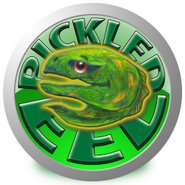
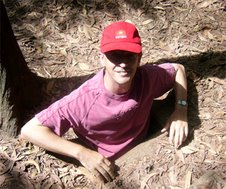
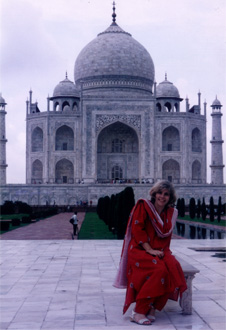

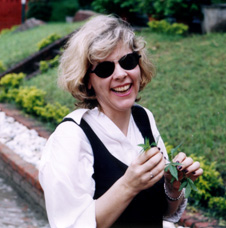
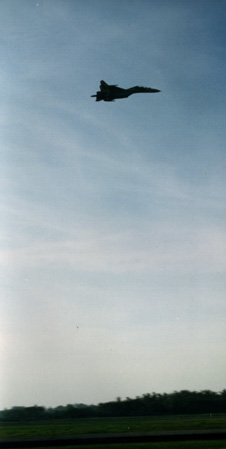
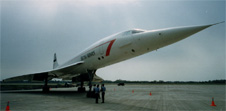
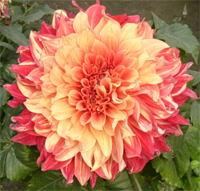
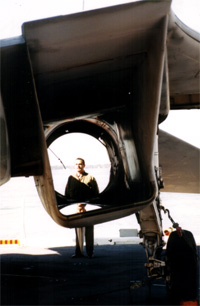


2 comments:
Beautifully written recollections and tribute to your friend.
Hi Mary - thanks. More to come! He meant a lot but like a lot of these relationships you don't realise just how much until after they are gone!
Post a Comment